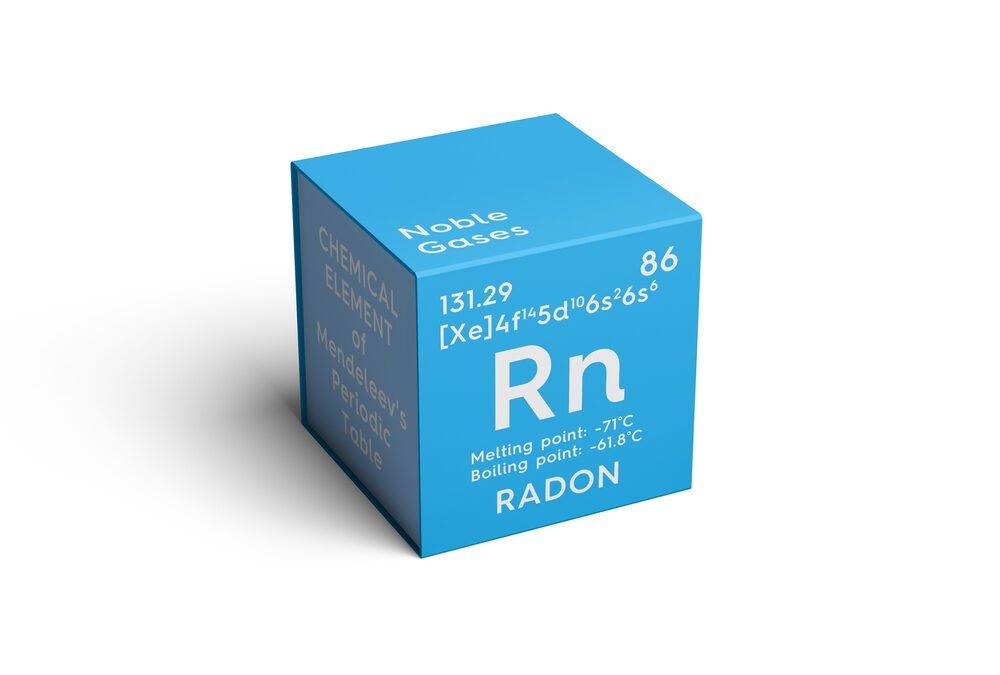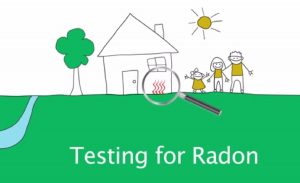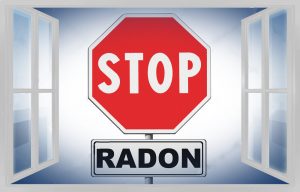Whether you’re a home buyer or a seller, there are some things to consider about radon testing. Radon is an inert gas that’s hard to detect on your own. Since it’s odorless, it’s nearly impossible to check for traces of radon at home. You need to hire a professional for radon testing to provide the best solutions to mitigate it.
Here’s a quick guide for buyers and sellers about radon testing that you can check out.
Radon Testing 101: For Buyers
If you’re buying a home, you need to ensure it is safe and does not exceed the minimum radon levels of 2pCl/L.
As a buyer, you need to check the following before making the final decision:
- Ask the owner for proof of the previous radon testing.
- Ensure the test was conducted within the last two years and not beyond that. If the owner hasn’t tested for more than 2 years, think twice before buying the house.
- While checking the authenticity of the testing done, check who did the test. Not all companies are certified, so make sure they are NRPP approved.
- The radon testing should be done on all the floors regularly. You should also verify where the test was done, whether on the ground floor, first floor, or second floor. If you live on the ground floor, but the radon test was on the second floor, it’s not a good sign.
- You should also ask the owner about any renovation done after the last radon testing. That’s mainly because the radon levels can be affected if there are any structural changes, so it has to be tested again.
Ensure that the radon testing is done by the professionals, or the homeowner ticks the radon testing checklist. If everything looks good, you can move in else, you need to ask the seller to conduct a test to stay safe. If the seller hasn’t got a radon test done for the house even once, immediately get it tested by certified professionals.
Radon Testing 101: For Sellers
As a seller, it’s your responsibility to have all the documents ready before putting up your house for sale in the market. One main thing is to ensure you have the radon testing documents with you, as the buyer will ask you to verify them. If you haven’t got your house tested even once, immediately hire a professional to do so. Here are certain things that you need to do as a seller:
- Ensure your home is tested for radon every two years, and you don’t go more than that without testing.
- You should test your home for radon if you’ve renovated or altered since the last radon test. Mainly because renovation can alter the radon levels, and if it remains untested, it can cause health issues in the future.
- If you’re selling your house and the buyer stays on the ground floor, the lower levels have to be tested as that’s where radon levels can be high.
- Ensure you have got it tested by certified professionals and present the certificate of authenticity to the buyer when asked.
You also need to ensure you’re ready to test if the buyer wants to check the present levels. It would help if you made your house radon-resistant, as the chances of buyers buying it are high. People always look for homes that are safe for their families. And since radon is dangerous, you need to be proactive and regularly get your house tested. It can save you a lot of complications in the long term.
Radon Testing Done the Right Way
Homebuyers and sellers should check radon levels before making the next big move. Radon is a toxic radioactive element that can be a threat if left untreated. Since the chances of getting lung cancer are higher with regular exposure to radon, you need to ensure radon levels are at their lowest.
Look for qualified mitigators and install a radon mitigation system if you’re a seller. And see if the mitigation system is authentic if you’re a buyer. Living in a house should be safe at all times, and for that, radon testing is important. Want to carry out radon testing in your home? Don’t forget to give us a call today!




